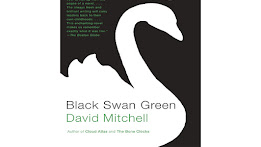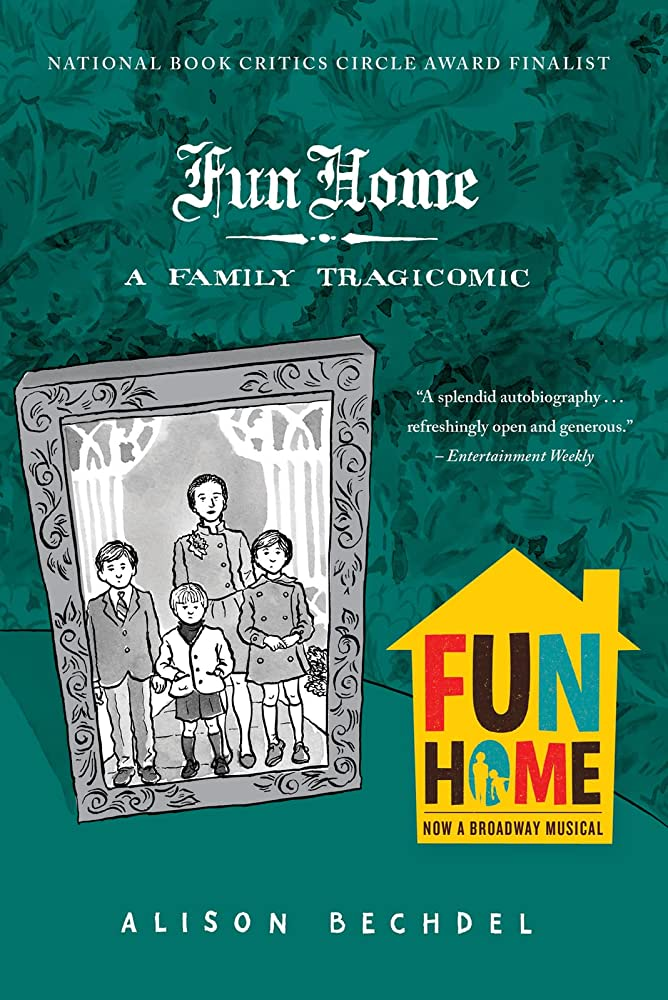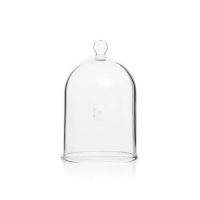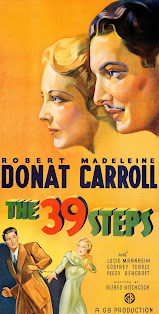The BB Guns In Gangsters

Throughout the chapter Gangsters in Sag Harbor the entire "gang" becomes more or less intoxicated with the BB guns, and the whole chapter revolves around them and the eventual fight. There seems to be a number of reasons why Benji ultimately gets shot in the eye and why the guns are so appealing to them however, ihe first of which being American gun culture in general. I'm pretty sure this wasn't as much of a social issue in the 1980's as it is today but it feels like an important background factor for all of this. They all succumb to it too, even though Benji brushes it off at first thinking that guns were below them (pg. 151). On page 157 when he actually shoots one of them he admits that it was fun though the satisfaction was more from finding another way to spend their time. The constant use of gendered language in "Gangsters" also seems to contribute to their obsession with the BB guns. There's his reference to "the Man Isle"...




